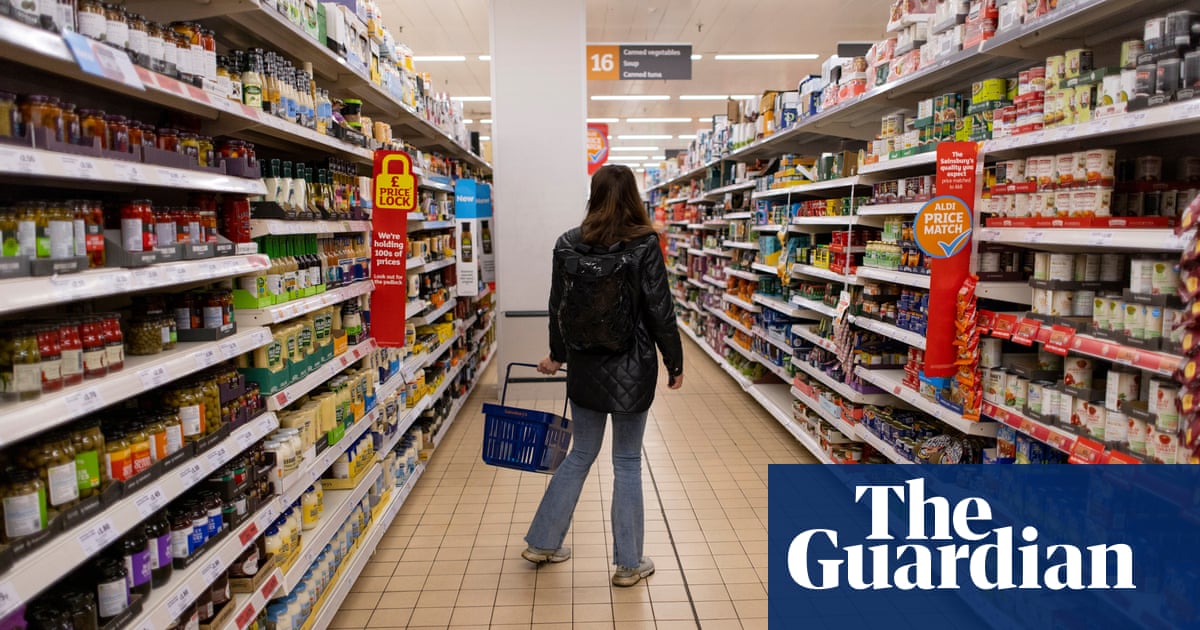
A cleaner, greener future is set out in a detailed new route map towards ending the UK’s climate emissions by 2050 from the Climate Change Committee, the government’s official advisers.
“These stretching targets will see climate policies increasingly overlap with everyday life, bringing changes in the cars we drive and how we heat our homes,” said Jonathan Marshall, at the Energy and Climate Intelligence Unit. “The overwhelming backing among the British public for climate action means that these measures are likely to be popular and well supported, as long as well-thought policies are used to bring about change.”
Prof Daniela Schmidt, at the University of Bristol, said: “These actions need to be taken to reduce the risk of climate change impacts in the UK such as drought, crop failures and floods. Such a transition will make the UK a better place to live, with cleaner air, healthier ways of living and greener cities.”
Travel
By 2025, half of new cars sold will be electric, the CCC recommends, with almost half of all cars on the road being electric by 2030. Electric cars are already cheaper to own and run and purchase prices are falling. Electricity is a cheaper and more efficient fuel than petrol or diesel and the CCC estimates benefits of £8bn a year to consumers by 2035, and a £20bn saving in fuel costs by 2050. But drivers will travel almost as far as today, with annual mileage expected to fall just 4% by 2030.
Flying produces a lot of carbon emissions and jet fuel is difficult to replace. But the CCC sees air miles falling by only 6% in 2030 compared with 2019, and then rising by 17% in 2050 as low-carbon planes take to the skies. The remaining aviation emissions are offset by tree planting and other measures, which the CCC has suggested be funded by airlines.
However, this scenario still sees a curbing of the rapid growth of aviation in recent decades, limiting the building of new runways and seeing ticket prices potentially rise. “At the moment, there is no carbon price on flights, although they are one of the most carbon-intensive things that we can do and they are largely done by a very small, largely rich part of the population,” said Mike Thompson at the CCC. “So we ask in the report, should the carbon price be higher?” In an example, the CCC suggests the cost of a return ticket from London to New York would rise by £56 in 2050.
Home energy
The cost of more efficient home lighting, appliances and boilers will be offset by the reduced energy they use and the CCC says energy bills would remain level until 2030, after which bills would fall as cheap renewable energy expands further.
The last gas boiler should be sold in 2033, the CCC said, but new homes are likely to require low-carbon heating a decade earlier. The majority of homes – probably 80% – should be heated by electric-powered heat pumps, which draw warmth from the ground. Installations will rise fifteen-fold from today to 415,000 a year in 2025 and then a million a year in 2030, the CCC said.
Heat pumps are cheaper to run, but more expensive to buy and homes need to be made highly energy efficient before installation. This will cost £10,000 per home on average, the CCC said, meaning poorer households will need government help. It estimates that adding £3bn a year to existing efficiency schemes would cover the total cost and suggests ministers end regressive green levies on energy bills and move the levies to general taxation.
“Calling time on gas boilers will represent a major step on the UK’s path to a carbon neutral nation, and is a way for families up and down the country to take action on their carbon footprints,” said Marshall. “It will also reduce air pollution.”
The CCC has also recommended that no home should be sold after 2028 without an energy efficiency rating (EPC) of C or better. Julie Hirigoyen, at the UK Green Building called this “radical but welcome”.
Some homes may be able to install hydrogen boilers but the CCC said only in areas where a low-carbon industrial cluster has been founded to produce clean hydrogen. The Humber region is a likely site for one cluster.
Jobs
Modern low-carbon industries will grow, building renewable energy, decarbonising the UK’s 28m homes, capturing carbon from power stations, producing hydrogen and creating new woodlands, the CCC said, creating hundreds of thousands of jobs throughout the UK.
For example, the programme to retrofit buildings alone would require over 200,000 extra full-time workers from 2030 through to 2050, the CCC said. But it said it was important for the government to support those losing jobs, such as in the oil and gas industry, into the new roles.
Ana Musat, at the Aldersgate Group of businesses, said: “As more countries [like China and Japan] take on net zero emissions targets, the export opportunities for the UK could be significant.”
Food
Red meat and dairy has a large impact on the environment and a series of recent reports have found that people in rich nations need to slash their consumption to deal with the climate crisis and improve their health. The CCC plan is less radical, requiring a reduction in meat eating of 20% by 2030 and 35% by 2050, and instead increasing the ambition of action in other areas.
Public sector caterers serving billions of meals a year in UK schools, universities, hospitals and care homes pledged in April to cut the amount of meat they serve by 20%, equivalent to 45,000 cows or 16 million chickens a year. The CCC said action to cut food waste by 50% by 2030 is also needed, such as better product labelling.
Nature and land use
The CCC recommends the UK becomes a greener and more pleasant land, with about 2bn new trees leading to a 40% increase in woodland areas, a level not seen in Britain for 1,000 years. Trees would cover 15% of the country by 2035 and 18% by 2050, up from 13% today.
The woodlands would absorb carbon from the air, but also boost wildlife and provide more opportunity for people to visit green spaces, which is known to increase wellbeing. But Nick Phillips, at the Woodland Trust, said: “On current trends, we will get nowhere near this [tree cover] target. Policies like the upcoming England Tree Strategy and new farm payments system need to be visionary and bold.”
Peatlands cover 10% of the UK and store huge amounts of carbon but are mostly degraded. The CCC recommends half are restored by 2030 and 80% by 2050. Lord Deben, chair of the CCC, said the sale of peat as garden compost should be banned immediately.
“It is quite wrong that we should be restoring peatlands, but still allowing the sale of horticultural peat,” he said. “There is no reason for us to be using it now – it’s ridiculous.”
The CCC said about one-third of farmland needs to be converted to forestry and growing crops that can be burned in power stations which capture CO2 emissions, thereby removing carbon from the atmosphere. Food production can be boosted with greater efficiency and farmers would be paid for helping to fight climate change.
Martin Harper, at the RSPB, said: “The CCC report highlights the vital role nature plays in locking up carbon. Now the UK government needs to pick up the gauntlet, stop burning our precious peatland and invest in restoring nature for wildlife, for people and for a safer climate.”












